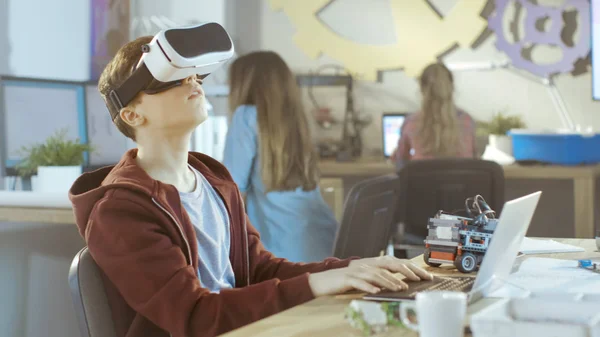The Future of Education: How Technology is Changing Learning

In recent years, education has undergone a remarkable transformation. The rapid development of technology has changed how students access information, interact with teachers, and collaborate with peers. Whether it’s through virtual classrooms, online courses, or educational apps, technology has made learning more accessible and customizable than ever before.
Interestingly, just like in the world of education, platforms such as Play Ton Poker demonstrate how digital environments can foster strategic thinking, discipline, and skill development. These platforms allow users to practice critical decision-making, similar to problem-solving exercises in academic settings.
1. Online Learning Platforms
From Coursera and Udemy to Khan Academy and Duolingo, online learning platforms have revolutionized education. Students can now learn at their own pace, access global resources, and take part in interactive lessons that were once confined to the classroom.
2. Blended Learning and Hybrid Models
Blended learning combines traditional face-to-face instruction with digital content. This approach has gained popularity in schools and universities, allowing students to benefit from both structured classroom activities and self-paced online learning.
3. Gamification in Education
Gamification is transforming the way students engage with educational material. Interactive quizzes, rewards, and learning games make education more engaging and fun. Much like strategic games, platforms like Play Ton Poker showcase how learning complex skills through interactive environments can be both enjoyable and effective.
4. The Role of AI and Adaptive Learning
Artificial intelligence is making personalized education a reality. AI-driven platforms can track student progress, adapt content based on learning speed, and suggest areas for improvement. This individual approach ensures that each student receives tailored learning experiences.
5. Conclusion
Technology is rapidly reshaping education, making learning more flexible, interactive, and personalized. As the world continues to embrace online and hybrid learning models, both students and educators must adapt to this dynamic environment. Similarly, platforms like Play Ton Poker remind us that digital tools can effectively develop real-world skills through practice, strategy, and engagement. The future of education is here — and it’s more exciting than ever.




